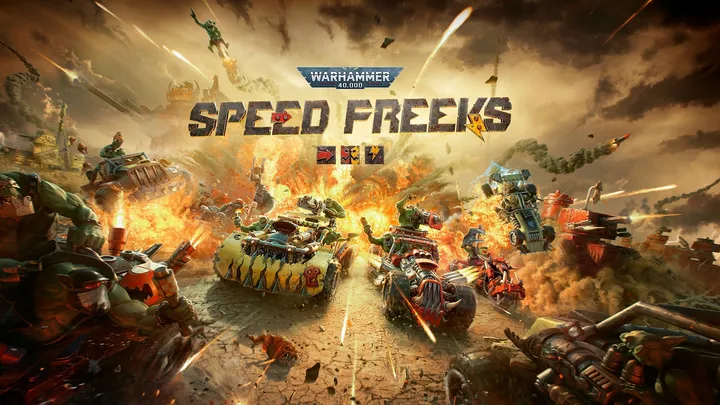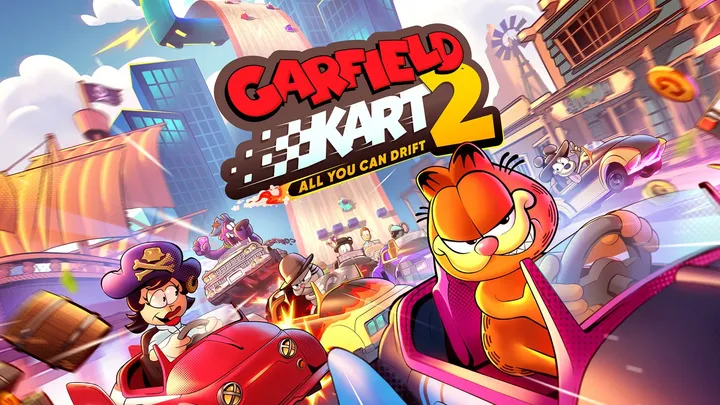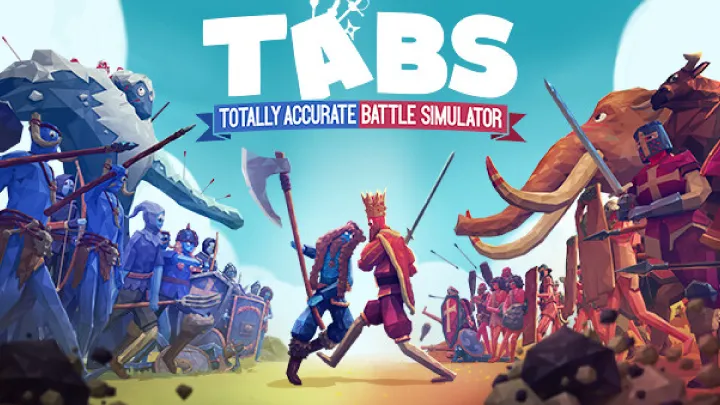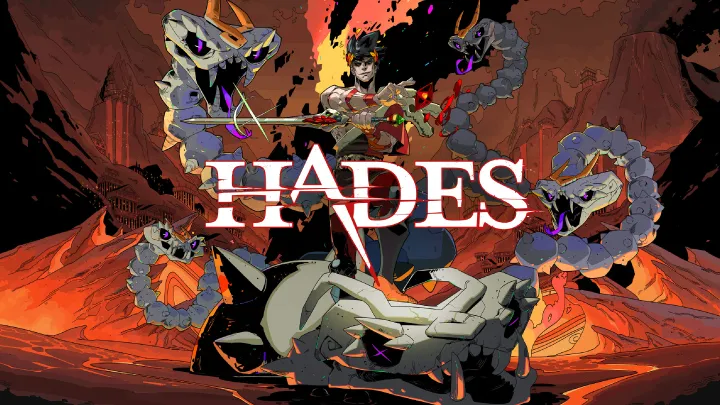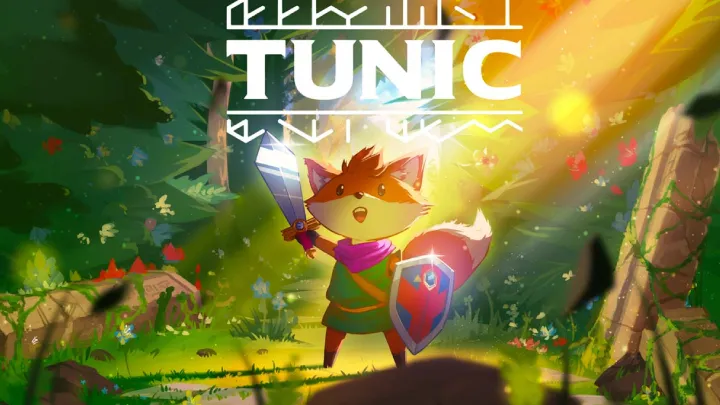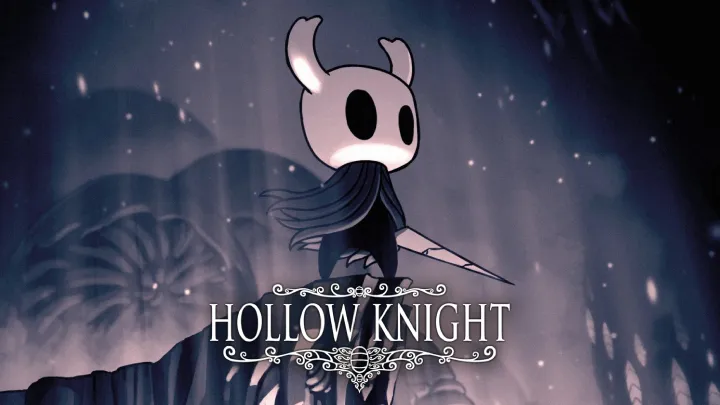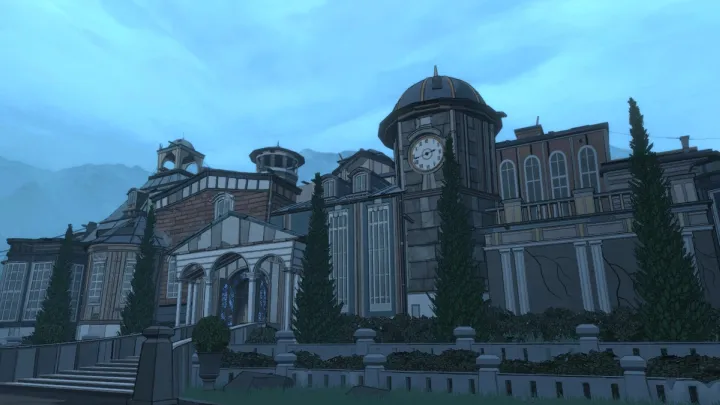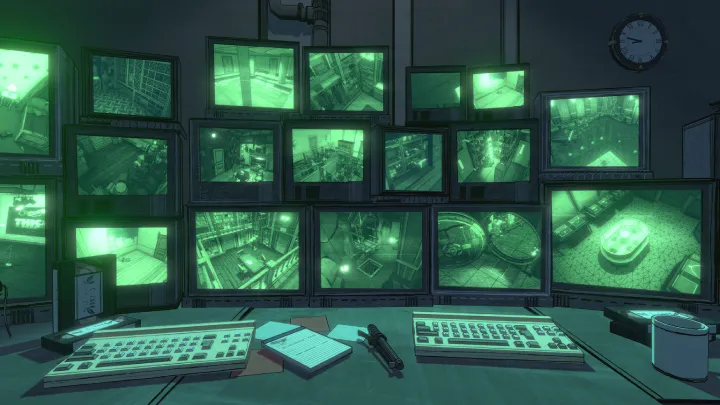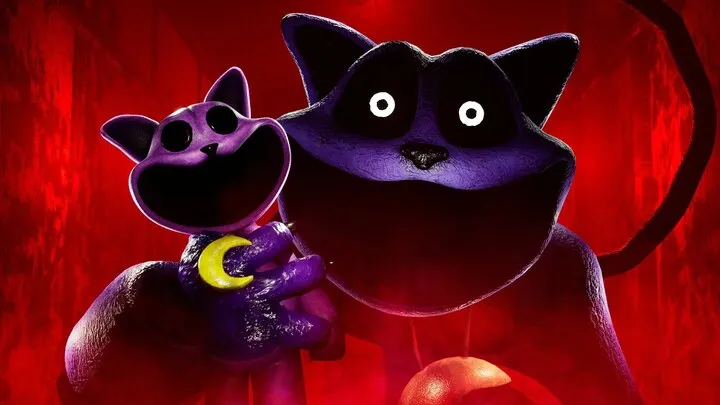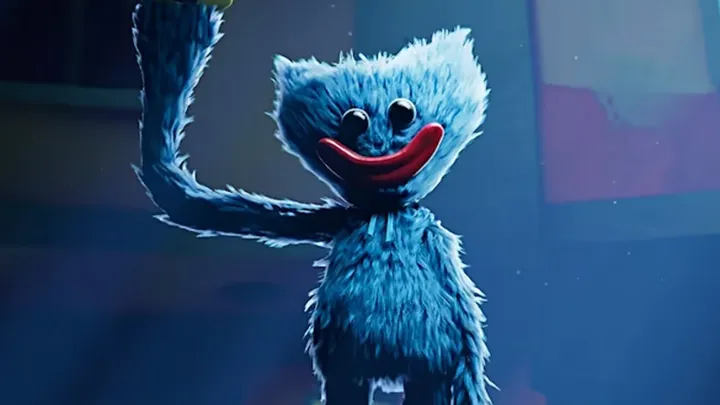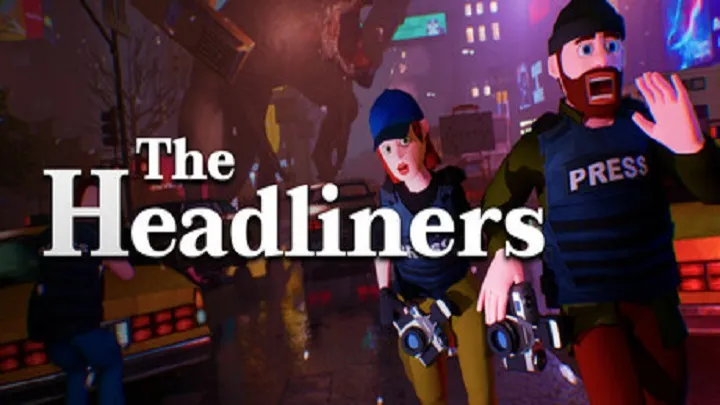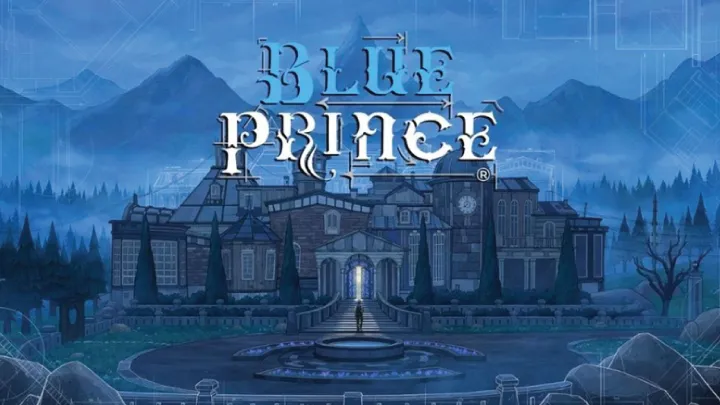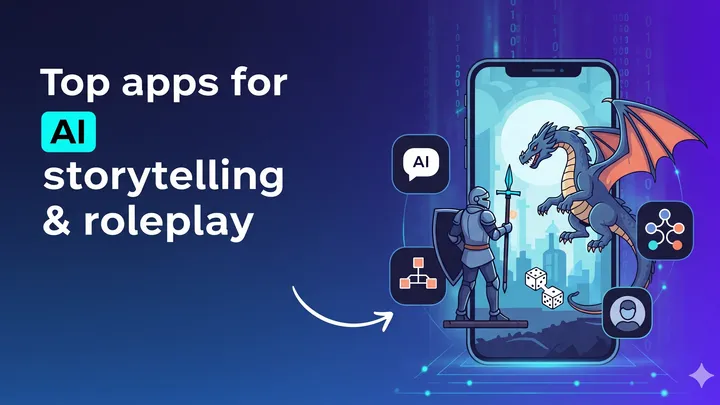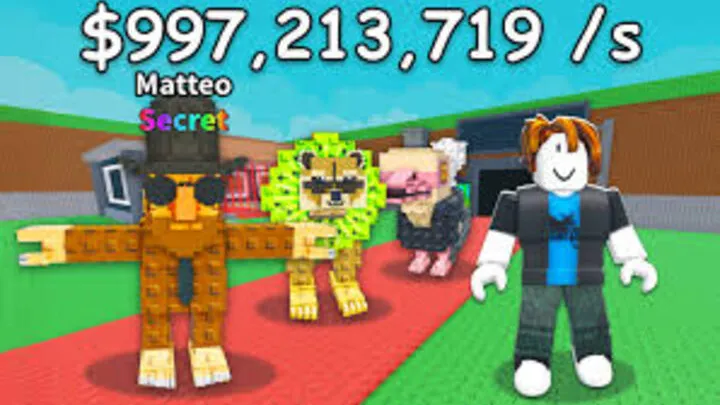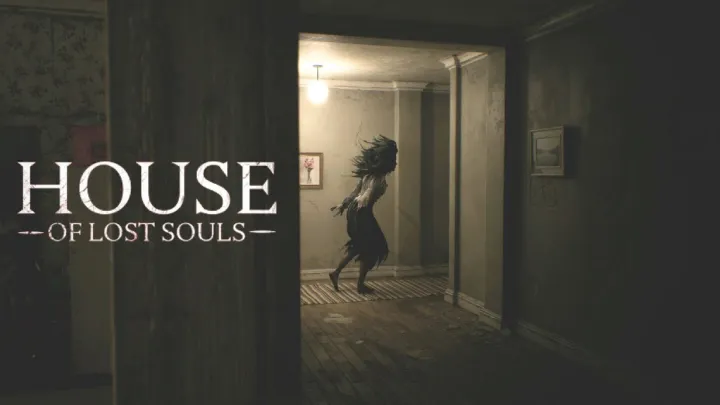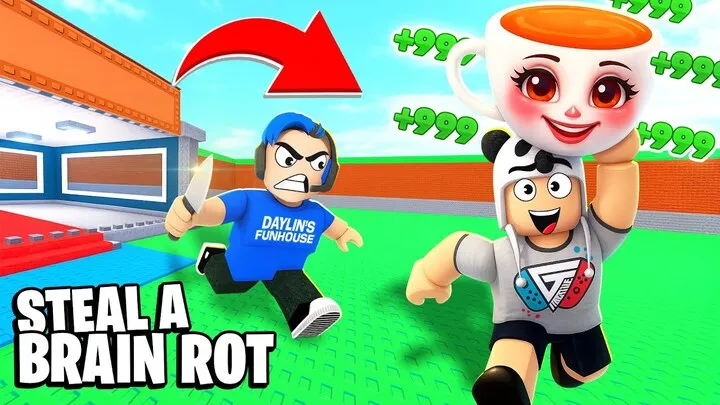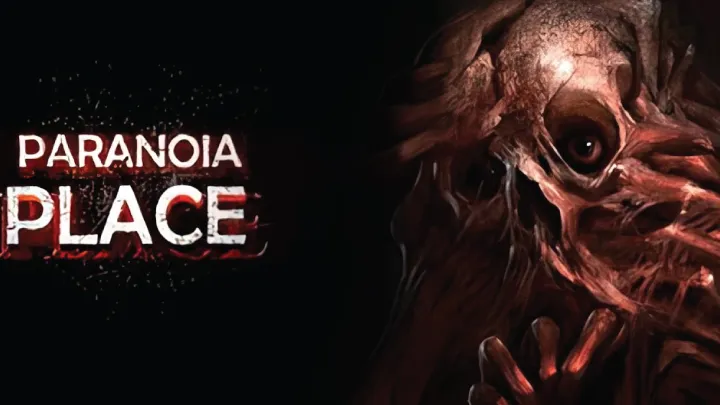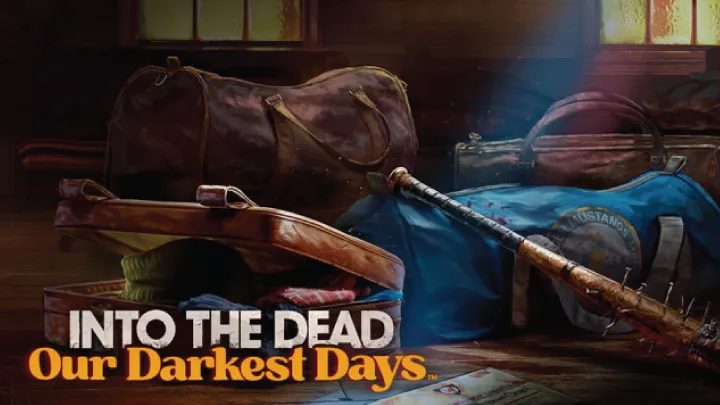A Mansion of Endless Secrets
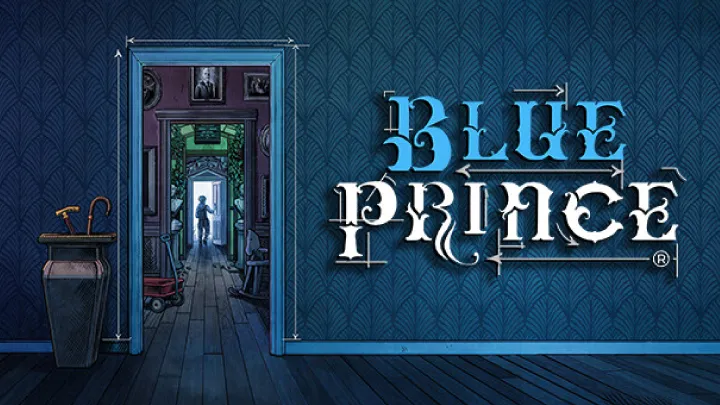
In the world of indie games, where creativity often outshines budget, a new kind of narrative puzzle game is emerging. A game like "Blue Prince" is a perfect example of this. It's a title that is less about combat and more about contemplation, less about a grand adventure and more about a deeply personal journey into the heart of a mystery. The premise is as simple as it is compelling: the player, a real estate mogul, inherits a grand, sprawling mansion known as Hill House. The catch? The house changes its layout every single day. This concept transforms the game from a linear puzzle-solver into a dynamic, ever-shifting labyrinth, where every new day presents a new challenge and reveals a new piece of a deeply unsettling story.
The game's art style is one of its most striking features. It is a work of minimalist elegance, with clean lines, stark colors, and a perspective that makes the world feel like an architectural blueprint come to life. This visual approach isn’t just for aesthetics; it’s a core part of the gameplay. The house itself is the main character, and its ever-changing corridors and rooms are a reflection of a deeper, psychological puzzle. The game doesn't rely on jump scares or graphic violence. Instead, it builds its horror from the ground up, using a sense of unease and a creeping feeling of wrongness. The shifting rooms, the cryptic messages, and the subtle changes in the environment all contribute to a feeling that you are not just a player in this game, but a piece of a larger, unsettling puzzle.
The Dance of Procedural Generation and Narrative
The genius of "Blue Prince" lies in its bold use of procedural generation. Unlike other games where this technology is used to create vast, empty worlds, here it is used to serve the narrative. The changing layout of the mansion is not random; it's an intelligent part of the story. The house is a reflection of its mysterious past and the secrets it holds. Every day, as the layout changes, the player discovers new rooms, new clues, and new secrets. This constant discovery keeps the gameplay fresh and ensures that no two playthroughs are ever the same.
A New Chapter Every Day
The gameplay loop is built around this central mechanic. Each new day in the game is a new opportunity to explore a different version of the mansion. Players must navigate the changing corridors, solve new puzzles, and uncover new pieces of the story. The puzzles themselves are integrated into the environment, requiring players to pay close attention to their surroundings. A symbol on a wall, a specific piece of furniture, or a change in a room's color could be the key to unlocking the next secret. The game rewards meticulous observation and logical deduction. It’s a thinking person's game, a slow burn that is designed to get under your skin and stay with you long after you've stopped playing.
The narrative, too, is designed to be pieced together like a puzzle. The game's story is not told through long cutscenes or exposition dumps. Instead, it is revealed through environmental clues, cryptic notes, and subtle changes in the world. As the player uncovers more of the mansion's history, they begin to understand its mysteries and their own place within them. The story is a rich tapestry of psychological mystery, family secrets, and a sense of cosmic horror, all woven into the fabric of the ever-changing house.
A New Kind of Adventure
"Blue Prince" represents a bold and exciting new direction for the adventure and puzzle genres. It proves that you don't need a massive budget or a vast open world to create a deeply engaging and memorable experience. By focusing on a single, compelling idea—a house that changes every day—the game creates a level of replayability and psychological tension that is truly unique. It’s a game that respects the player's intelligence, challenging them to use their wits to unravel its secrets.
The future for a game like this is full of promise. The potential for new content, new mysteries, and new procedural elements is immense. A game like "Blue Prince" could continue to evolve with new "chapters" that introduce new themes and new secrets to the mansion, keeping players coming back to solve a new part of the ever-changing puzzle. It is a testament to the power of a single, brilliant idea and a reminder that the most compelling stories are often the ones that you have to piece together yourself. The door to Hill House is open, but whether you'll find your way out is a different matter entirely.
